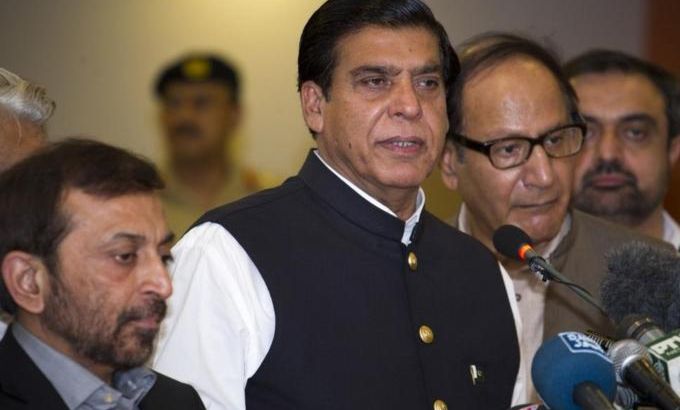Pakistan government completes full term
Caretaker prime minister to manage government as parliament is dissolved in changeover hailed for its historic nature.

Pakistan’s government has passed a major milestone, as its parliament became the first such democratically elected civilian-led body to finish its five-year term in a country that has faced three military coups and persistent political turmoil.
After years of attacks carried out by anti-state and sectarian groups, worsening electricity blackouts and faltering economic growth, public dissatisfaction with the sitting government is high, and the next election will likely see the ruling Pakistan People’s Party sitting on the opposition benches.
Parliament held its last session on Thursday, but its term officially ended on Saturday.
Underscoring political divisions, however, politicians failed to reach agreement on a caretaker government in time for the final session of parliament before new elections are held. The country’s constitution calls for a vote within 60 days, although a date has not yet been set.
Raja Pervez Ashraf, the Pakistani prime minister, who will maintain his position until the caretaker set-up is appointed, hailed the peaceful transition as a success for his Pakistan People’s Party,
“We have strengthened the foundations of democracy to such an extent that no one will be able to harm democracy in future,” Ashraf said during a nearly hour-long televised address to the nation.
Ashraf portrayed the problems in the country as something inherited from the previous government of ousted leader former General Pervez Musharraf.
“There is a long history of tussle between the democratic and undemocratic forces in Pakistan, but the democratic forces have finally achieved a victory.”
‘No chance of rigging’
Analysts attribute the successful completion of the parliamentary term to President Asif Zardari’s ability to keep the coalition intact, the army chief of staff’s determination to keep out of politics and the opposition’s unwillingness to force early elections.
Despite passing key legislation, which rolled back decades of meddling by military rulers, parliament has presided over staggering economic decline and worsening security over the last five years.
Ashraf said key achievements in his party’s rule included the devolution of power to the provinces, but he admitted the government had been unable to solve the energy crisis.
He appealed for people to participate in the May elections, assuring voters that they would be fair.
“In the presence of political parties, independent election commission, effective media, civil society and judiciary, there is no chance of rigging in elections now,” he said.
“I appeal to all political parties, national institutions, civil society and mass media to complete the election process in an independent, peaceful and pleasant environment.”
Ashraf said that all four provincial chief ministers had agreed to hold national and provincial elections on the same day.
The polling date has yet to be announced, but officials say the Election Commission has recommended May 8, 9 or 10.